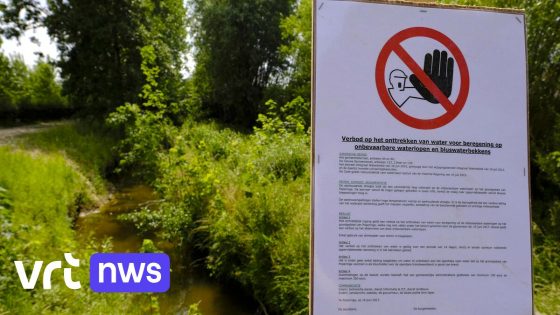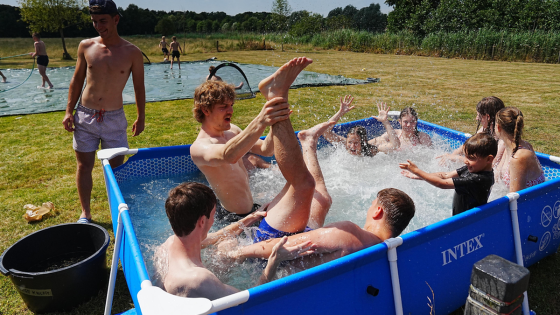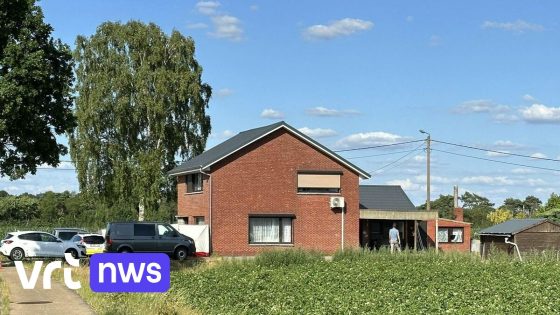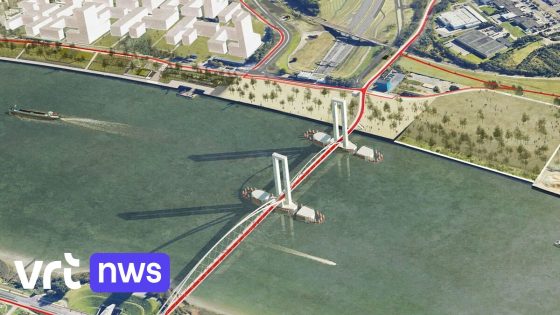Starting Monday, a captatieverbod, or water extraction ban, will be enforced on all non-navigable waterways in West Flanders. This decision comes as part of urgent measures to address the ongoing drought conditions. The announcement was made by the drought committee earlier today, marking a significant step in regional water management.
- Captatieverbod geldt vanaf maandag in West-Vlaanderen
- Droogtecommissie besliste verbod op wateroppompen
- Verbod geldt voor onbevaarbare waterlopen
- Landbouwers mogen geen water meer oppompen
- Privébekkens vullen mag nog tot maandag
- Droogte veroorzaakt strengere watermaatregelen
Farmers in West Flanders will no longer be allowed to pump water from these waterways, aiming to preserve scarce water resources. However, they still have until Monday to fill their private reservoirs. This update was confirmed at 2025-06-26 19:49:00, highlighting the immediacy of the new restrictions.
How will this captatieverbod affect local agriculture and water use? And what alternatives do farmers have to cope with these limitations? The following fast answer provides a quick overview.
Why implement a captatieverbod now? The drought committee’s move reflects growing concerns over water scarcity and its impact on agriculture. This ban aims to protect water levels in vulnerable areas and ensure long-term sustainability. Key points to consider include:
- Immediate halt on water extraction from small waterways starting Monday
- Grace period for farmers to fill private reservoirs before the ban
- Focus on preserving water for essential uses during drought
- Potential challenges for crop irrigation and livestock watering
Looking ahead, farmers and residents must adapt to these restrictions and explore water-saving techniques. Will this captatieverbod be enough to safeguard water resources through the summer? Staying informed and prepared remains vital as the situation evolves.





























